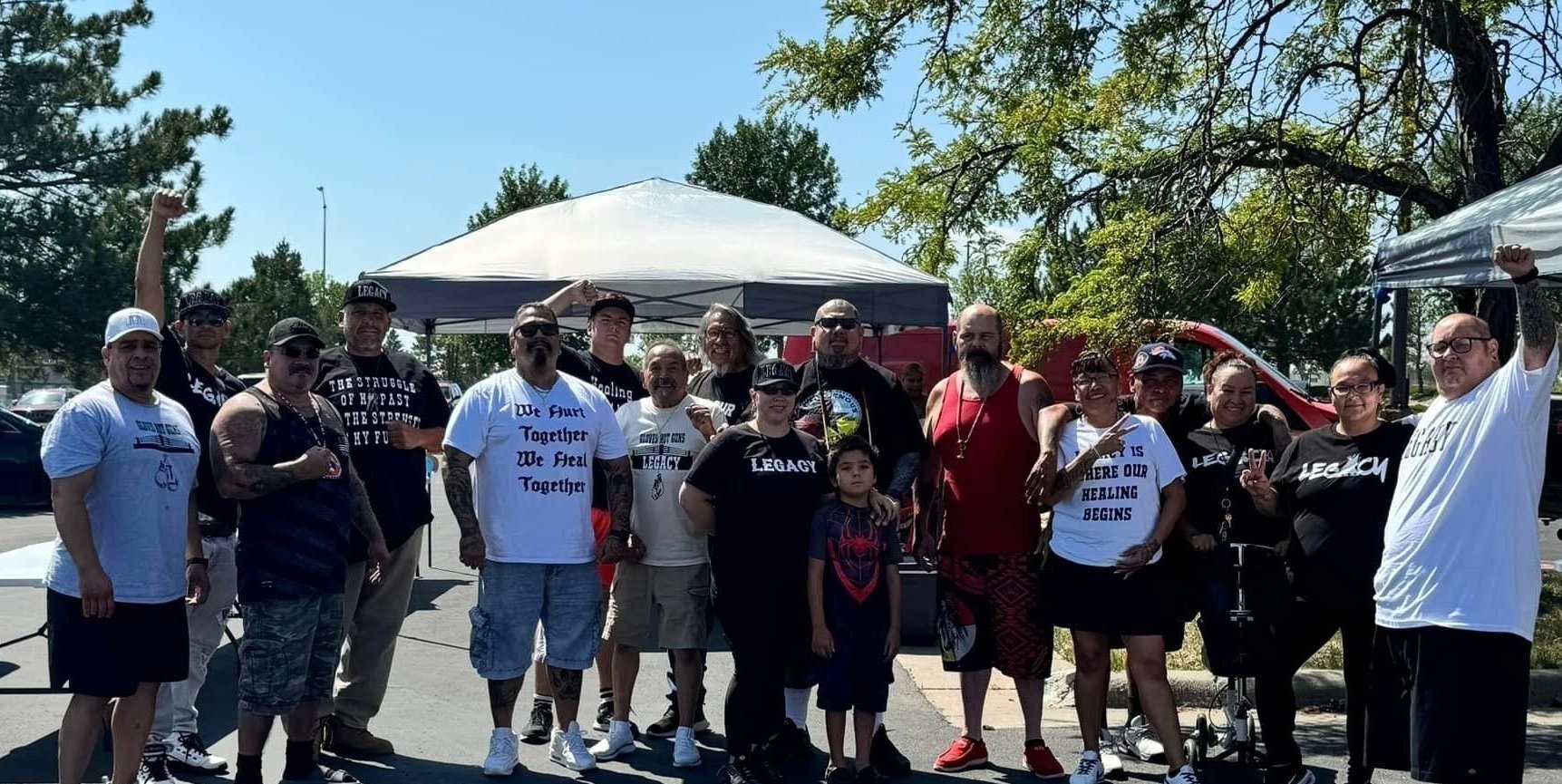
News & Events
WE ARE HIRING!
Wednesday 6:00PM-8:00PM
SOCIAL DEFENSE
1. Foundation: Building Trust and Engagement
a. Community Outreach:
Workshops and Information Sessions: Educate community members about their rights, the legal process, and available resources.
Trusted Community Partners: Collaborate with local organizations, faith groups, and leaders to build credibility and engage with those directly affected.
b. Support Networks:
Family and Support Groups: Establish regular meetings for families and loved ones to share experiences, strategies, and emotional support.
2. Empowerment and Education
a. Know Your Rights Campaign:
Resource Materials: Create brochures, flyers, and online resources detailing legal rights and procedures.
Training Sessions: Offer training for individuals facing charges and their families on how to navigate the legal system.
b. Advocate Training: Community Advocate Programs: Train volunteers to support individuals in court, assist with paperwork, and advocate for fair treatment.
Public Speaking and Advocacy Skills: Equip community members with skills to effectively communicate their experiences and advocate for systemic change.
3. Strategic Campaigns and Advocacy
a. Case-by-Case Support:
Individual Case Support: Assist with gathering evidence, mobilizing community support, and advocating for fair treatment in each case.
Public Awareness: Use media and public forums to highlight individual cases and systemic issues.
b. Systemic Change Initiatives:
Policy Reform Campaigns: Work towards changes in local and national policies that address issues such as bail reform, sentencing, and the impact of criminal records.
Coalition Building: Partner with other organizations and advocacy groups to strengthen efforts and influence broader reform agendas.
4. Community Mobilization
a. Grassroots Organizing: Community Meetings and Forums: Host regular meetings to discuss ongoing issues, share information, and plan collective actions. Petitions and Campaigns: Launch petitions and campaigns to address specific injustices and advocate for legal and policy changes.
b. Public Demonstrations: Organize peaceful demonstrations to raise awareness about systemic issues and demand justice.
Social Media Campaigns: Utilize social media to amplify voices, share stories, and engage a wider audience.
5. Evaluation and Adaptation
a. Feedback Mechanisms: Surveys and Focus Groups: Regularly gather feedback from those directly impacted and adjust strategies accordingly.
Impact Assessment: Evaluate the effectiveness of advocacy efforts and support services to refine approaches and improve outcomes.
b. Continuous Improvement: Training and Development: Keep organizers and advocates informed about new legal developments and best practices.
Adaptation to Change: Be flexible and ready to adapt strategies in response to changes in the legal landscape and community needs.
6. Sustainability and Growth
a. Funding and Resources: Grants and Donations: Seek funding from grants, donations, and other sources to support the work of the organizing model.
In-Kind Contributions: Leverage community resources and volunteer support to sustain activities and services.
b. Leadership Development: Mentorship Programs: Develop and mentor new leaders within the community to ensure the continuity and growth of the organizing efforts.
Skill-Building Workshops: Offer ongoing training and development opportunities for community organizers and advocates. By integrating these components, the model not only supports individuals facing charges and their families but also works towards long-term systemic change in the court system, creating a more equitable and just environment for all.
UPCOMING EVENT



